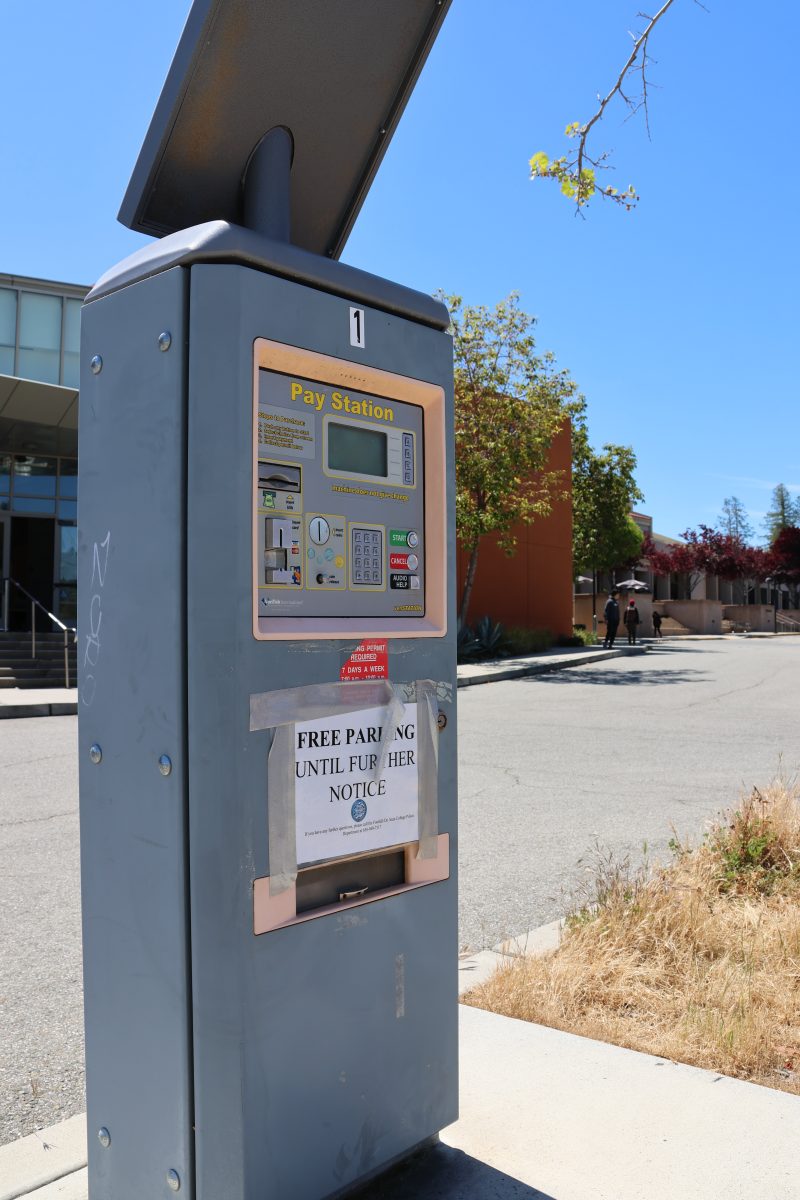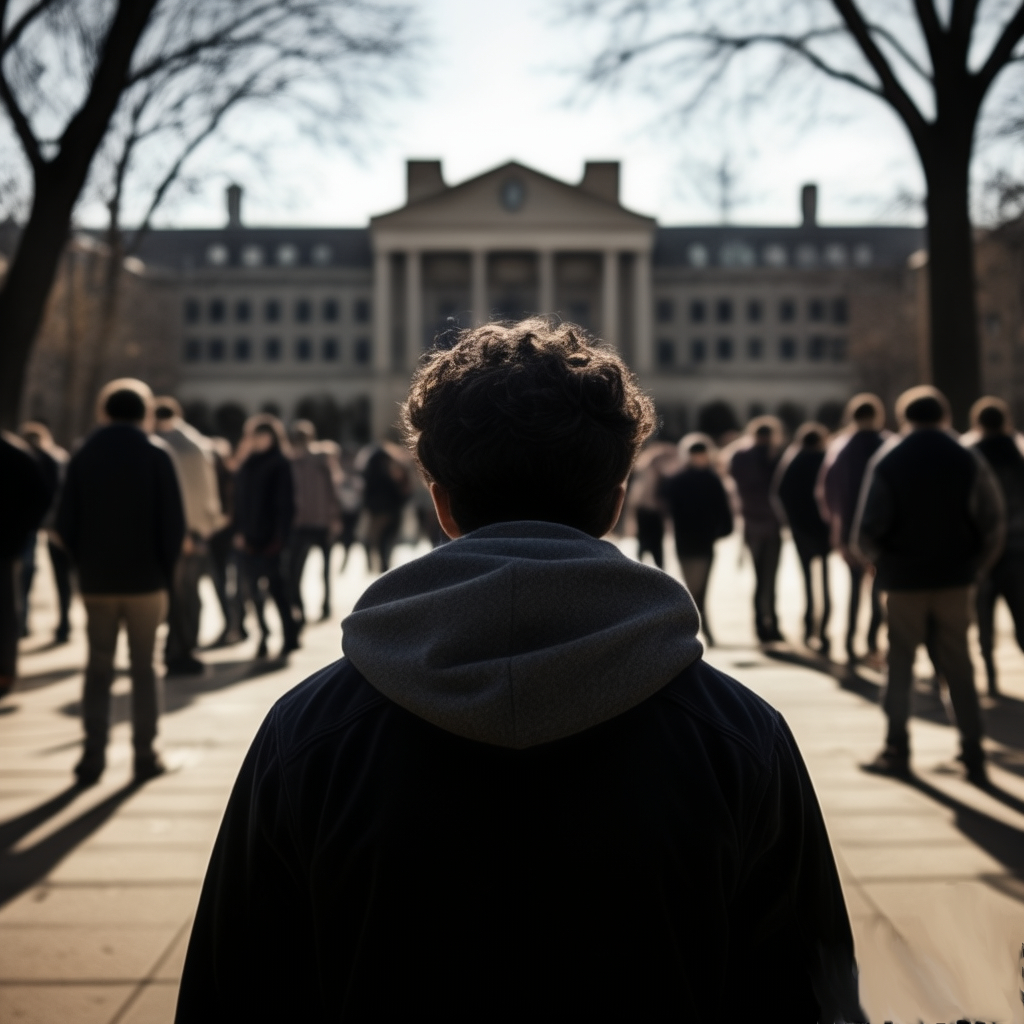I am not a big fan of math, but let’s start off with some numbers. Six: the dollar amount of the student body fee per quarter. Ninety: the percentage of students who currently pay the student body fee. And three: the dollar amount that the student body fee will be raised by fall of next year.
Doesn’t sound like much, right? Well, we still haven’t taken into account many things, like how this money will be used, or if now is even the right time to be raising the student body fee. According to a survey conducted by the De Anza Associated Student Body Senate last spring, a majority of students were in support of raising the fee.
Well, of course, if you ask students questions like, “Would you be willing to pay an additional $2 if it would reduce the cuts some programs have already endured?” Who wouldn’t be in favor of paying a couple extra dollars? However, out of all the questions asked, one very important one was not. Maybe something along the lines of, “Would you even be paying this fee if you knew that it was optional?”
Yeah, that’s right. It’s optional. In truth, many of these so-called perks that you get with having a De Anza Associated Student Body card aren’t even perks at all, especially since most don’t even require you to show that you have a DASB card to receive the services.
So, why even get a DASB card, you ask? Well, the $6 fee that you pay gets placed into a fund that the student body Senate then allocates to many different programs on campus, such as the library, tutorial centers, athletics, divisional support and any new programs that request funding every year to keep them going. This fund, with help from the money earned from the Flea Market – which makes around $300,000 annually – usually amounts to around $1 million.
However, with so many programs and, of course, the budget cuts, there are always more requests than actual funds. Many programs receive only a portion of what they requested, or no money at all. In fact, some programs realize its low chances and do not even request money. Last year, there was over $1.5 million in requests from programs all over the campus, but only a little over $1 million to allocate. The student Senate allocated almost all of its limited funds as it saw fit, but left at least 70 programs with little or no money at all, totaling around $600,000 in unfunded requests.
So, the obvious solution to this problem? Raise fees! Compared to our sister college, Foothill, which charges an $11 student body fee, it only makes sense that we raise ours as well. The student Senate has decided to raise the fee from $6 to $9 a quarter. According to Vice President of Budget and Finance Leo Nguyen, this would raise another $240,000 to help out programs.
But is this enough, and is it the right time?
Although Foothill does have a higher student body fee, it also has fewer students who pay the fee – around 60 percent compared to De Anza’s 90 percent. Also, this year, De Anza has decided on building solar panels to cover parking lots A and B, which would take around two months to complete. However, this is also where the Flea Market takes place. The projected loss from this setback is around $50,000.
So, is now the right time to be raising fees? The last time the fee was increased was in 1993. In a time of economic crisis and a huge project on the way, wouldn’t the $240,000 gained from the fee hike only be cancelled out by the decreased number of students willing to pay, as well as the two-month money loss by the Flea Market? Who really ends up paying? It’s always the students in the end.








